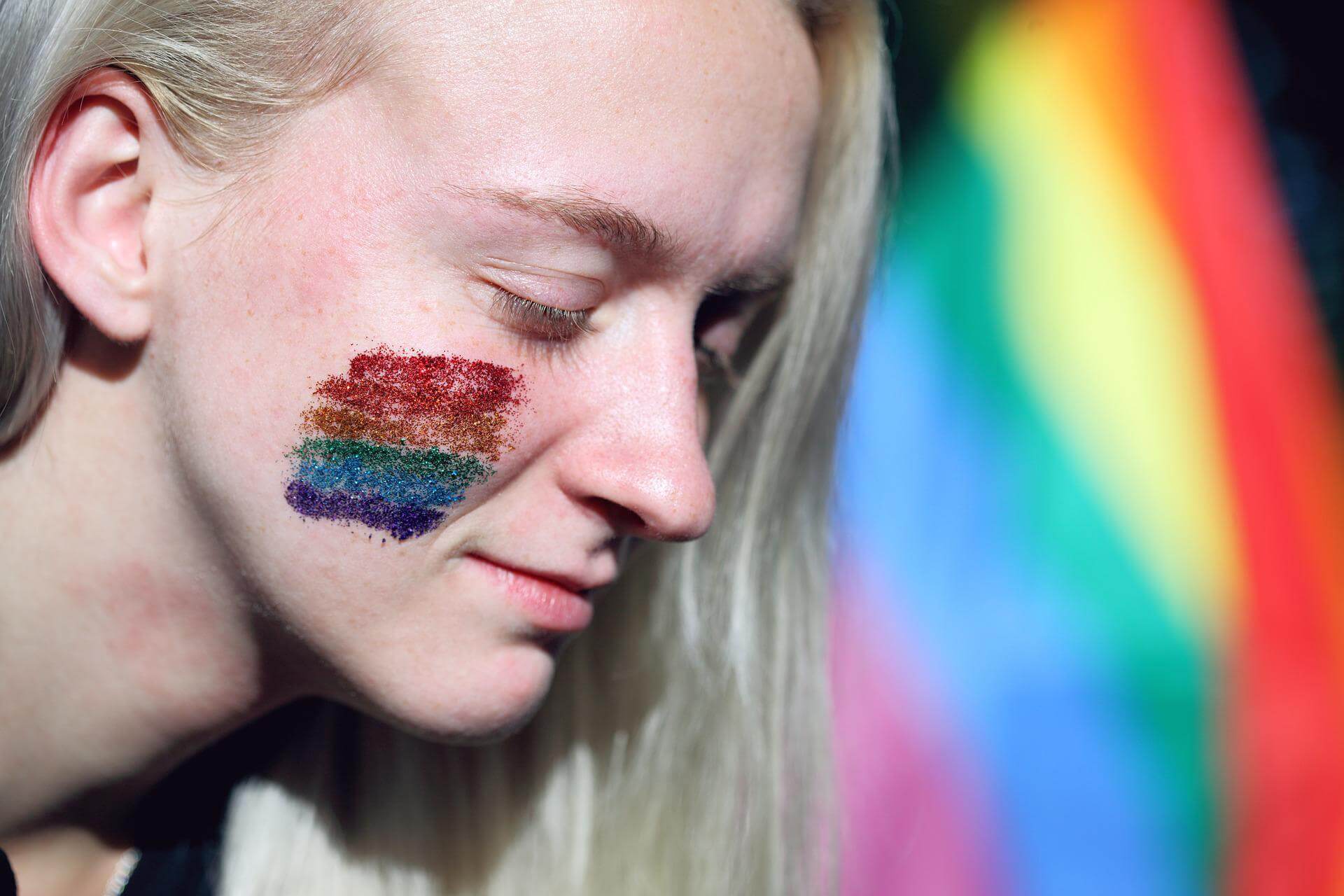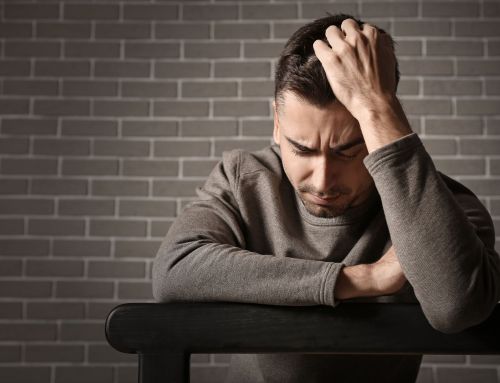
Every year in June, we celebrate Pride Month in the US to honor our members of the LGBTQ+ community. Since there have been a multitude of stigmas surrounding LGBTQ+ people for several years, members of the community have collectively fought to dispel these stigmas, in hopes of promoting inclusivity and more importantly, ensuring that they aren’t marginalized. But in spite of their best efforts, many in this community are left to deal with the harrowing physical and mental ailments that come when being discriminated against. This surely includes struggles with substance abuse and unfortunately, numerous members who endure these issues with drugs and alcohol are often turned away because of their sexual orientation.
This is never okay, and our team of addiction treatment specialists in Bergen County NJ and the nearby areas are here to lend a helping hand, so that no one spirals out of control with addiction, regardless of their sexual orientation. Here is why it’s important to promote inclusivity-addiction treatment for the LGBTQ+ community.
Challenges That LGBTQ+ Individuals Face
More often than not, the support, or lack thereof for those a part of the LGBTQ+ community, is inconsistent at best amongst their family members and friends. The trauma that has single-handedly upended these individuals’ lives knows no bounds. This looks different for everyone, but some have been kicked out of their parent’s home when they were young, or maybe they were bullied throughout school and were unable to have friends and acquaintances commiserate with them, during the already difficult school years. Prejudice and hate, whether they can control it or not, is something that most will have to endure every day, especially from those who are supposed to express unwavering love and support.
When we say that this amount of discrimination knows no bounds, we meant it. Additionally, in professional and social settings (i.e., bars, restaurants, doctor’s offices, the work setting) discrimination is not uncommon, with many either acquiescing to these conditions or plunging further into the abyss of isolation, because it is simply too much to bear. What do all of these situations lead to? It’s pretty grim to say, but the development of co-occurring disorders or individual substance use disorders are not at all unheard of.
Common Co-Occurring Disorders In The LGBTQ+ Community
One factor that can provide internal conflict for members of the LGBTQ+ community is the expectation/obligation to live a closeted life. Under this type of duress is when they hide their sexuality from others in fear of being rejected, and could lead a double life in regards to acting on their sexual orientation. Keeping sexuality a secret is a big psychological toll that could lead to the development of mental health disorders and emotional distress.
Common psychological or emotional disorders that are present in the LGBTQ+ community are:
- Severe depression
- Generalized Anxiety Disorder (GAD)
- High levels of stress
- Suicide attempts or an inclination to participate in self-harming activities
Apart from the societal hurdles that they are faced with, an LGBTQ+ identifying individual might be experiencing physical or health issues related to their sexuality. These are also known to contribute to an addiction and can include:
- Compulsive sexual behavior
- Sexual dysfunction
- Sex or HIV-related anxiety
- Sexual abuse or assault
A plethora of people within the community have a co-occurring mental or sexual disorder that either leads to a substance abuse problem or is further exacerbating the issue. In terms of what treatment options should be considered, the strong focus should be to address any present, co-occurring disorders to allow for the highest chance of sustained sobriety while in recovery. North Jersey Recovery Center’s addiction treatment specialists in Bergen County NJ provides a comprehensive dual diagnosis treatment program, with specific attention being paid towards co-occurring disorders.
Drugs Of Choice Within The Community
Most will not dispute that a wide array of substances can be addictive, but here are five that are abused most often in the LGBTQ+ community.
Tobacco
Cigarette smoking among LGBTQ+ people in the US is higher than among heterosexual-straight individuals. About 1 in 5 in this group smoke cigarettes, compared with about 1 in 6 straight adults.
Alcohol
As it stands currently, about 20-25% of LGBTQ+ members have moderate to severe alcohol dependency.
Marijuana
It’s been reported that gay men are 3.5 times more likely to use marijuana than straight males.
Amphetamines
LGBTQ persons are 12.2 times more likely to use amphetamines. Additional research has also shown that methamphetamine use has become a critical issue and is affiliated with risky sexual behaviors among gay and bisexual men.
Heroin
Data from the 2018 National Survey on Drug Use and Health (NSDUH) suggested that substance use patterns reported by sexual minority adults are higher, compared to heterosexual adults. As far as opioid use is concerned, it was also higher with 9% of sexual minority adults aged 18 or older reporting use vs. 3.8% among the adult population.
Substance Abuse Treatment Inclusivity For LGBTQ+ Patients
The first step in breaking down barriers to substance abuse treatment for the LGBTQ+ community is to try to understand why they exist, and why these people are at risk and hesitant to pursue treatment. You don’t need to have understood their journey, but it’s crucial to always have insight and empathy. Although traditional addiction treatment approaches are appropriate for the community, it’s the treatment environment that should be unique for this sector of the population. In providing an inclusive, non-judgmental, environment, it will make for a higher probability of positive outcomes.
Addiction treatment specialists in Bergen County NJ should be up to speed on the appropriate verbiage on forms such as “relationship status”, instead of marital status. They should also offer checkboxes for “partnered” for those who aren’t married, and have the option for transgender and intersex people to identify themselves, if they so choose. Including visual depictions like posters, brochures, and online discussion groups that pay homage to these symbols are all important components of inclusivity.
Inclusivity-Addiction Treatment for LGBTQ+ Community: Addiction Treatment Specialists In Bergen County NJ
Individuals that are apart of this ever-growing community should feel welcomed when entering an addiction treatment center for the first time. It’s normal to feel overwhelmed or outright hesitant when making this commitment, but after your first few sessions with our addiction treatment specialists in Bergen County NJ, it won’t take you long to realize that North Jersey Recovery Center is on your side, and will provide support every step of the way. Contact us today to learn more about the admissions process










